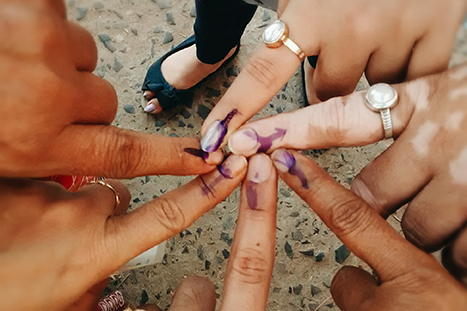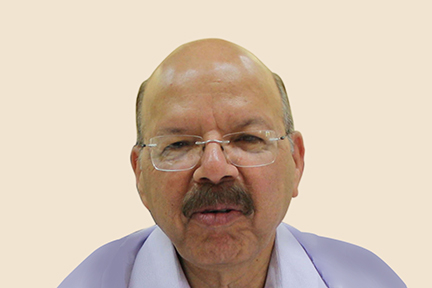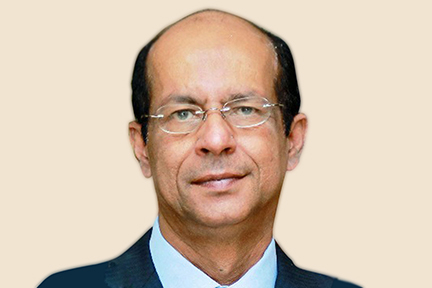
Millions of non-resident Indians across the world are looking forward to exercising their external voting rights for the 2019 general elections. Subsequent to the Election Commission of India’s recommendation that the government take necessary steps to amend the Representation of the People Act to provide e-voting rights to NRIs, on November 10, the Supreme Court had given the government 12 weeks to carry out the exercise.
While law and justice minister Ravi Shankar Prasad introduced the bill in the Lok Sabha on December 18, it could not be taken up for discussion during the short winter session of parliament. Commenting on the present scenario, former chief election commissioner Nasim Zaidi says, “Since the government has fulfilled its duty, we hope that appropriate legislative action will follow once the next parliament session starts on February 1.”
Voices to be heard
The idea of NRI voting goes back to 2010, when then prime minister Manmohan Singh, in his address to the eighth Bharatiya Pravasi Divas said that NRIs would be able to vote from the following year. His announcement stumped the election commission, as operational difficulties had not at all been studied or discussed. However, jubilation faded when, although granting voting rights, the EC made it mandatory for the NRIs to be physically present in their constituency.
In 2013, Nagender Chindam, Chairman of Pravasi Bharat, UK, and the UAE-based Dr Shamsheer Vayali, Chairman of VPS Healthcare, moved the Supreme Court by filing a PIL seeking e-voting rights. In e-voting, a blank postal ballot paper is emailed to the voter, who has to then fill it in and post it in to his constituency. The PIL said that 114 countries, including 20 Asian nations, had adopted e-voting. It said that e-voting could be held by setting up polling booths at diplomatic missions or through postal, proxy or electronic voting.
The EC recommended it, saying e-voting has almost no risk of manipulation, rigging or violation of secrecy.
What proxy voting rights mean for the government
Governments have sought to woo the influential and growing Indian expat community through various policy measures. Viewed as an asset and valuable tool for strengthening economic ties, NRIs have a significant bearing on India’s political relations with other countries.
Overseas Indians have been highly active in recent elections, with many being part of election campaigns. Of late, politicians have also been visiting countries to garner NRI support. Once implemented, an average of 18,000 votes per constituency may be polled from abroad. These votes are likely to play a crucial role in state and general elections.
NRI Perspectives
Nagender Chindam, Chairman of Pravasi Bharat, London, UK
“Voting rights can’t be denied to those who go outside to study or in search of work. Even as I appreciate the government for bringing up the bill in the parliament, it is in all fairness that the standing committee and members of parliament discuss the matter in depth.”
Dr Naresh Hanchate, Research Associate, Fred Hutchinson Cancer Research Centre, Seattle, US
“For Indians sitting thousands of kilometres from our country, proxy voting rights would be a big step. I am looking forward to participating in the building of a new-generation India.”
Altaf H. Dossani, Managing Director, Dossani Commercial Brokers, Dubai
“Most of us (NRIs) have our homes and investments in India. We should have the right to vote like other mature democracies around the world. It would be a great morale boost to the NRI community worldwide.”
Poornima Subramanian, Homemaker, Dubai
“After migrating from India, for years we have been cut off from the electoral process. I feel nostalgic remembering my grandfather explaining to me the importance of using our franchise intelligently. Finally, because of the e-voting system, I hope to be able to impress upon my two young sons the role of civics and politics in daily life.”












